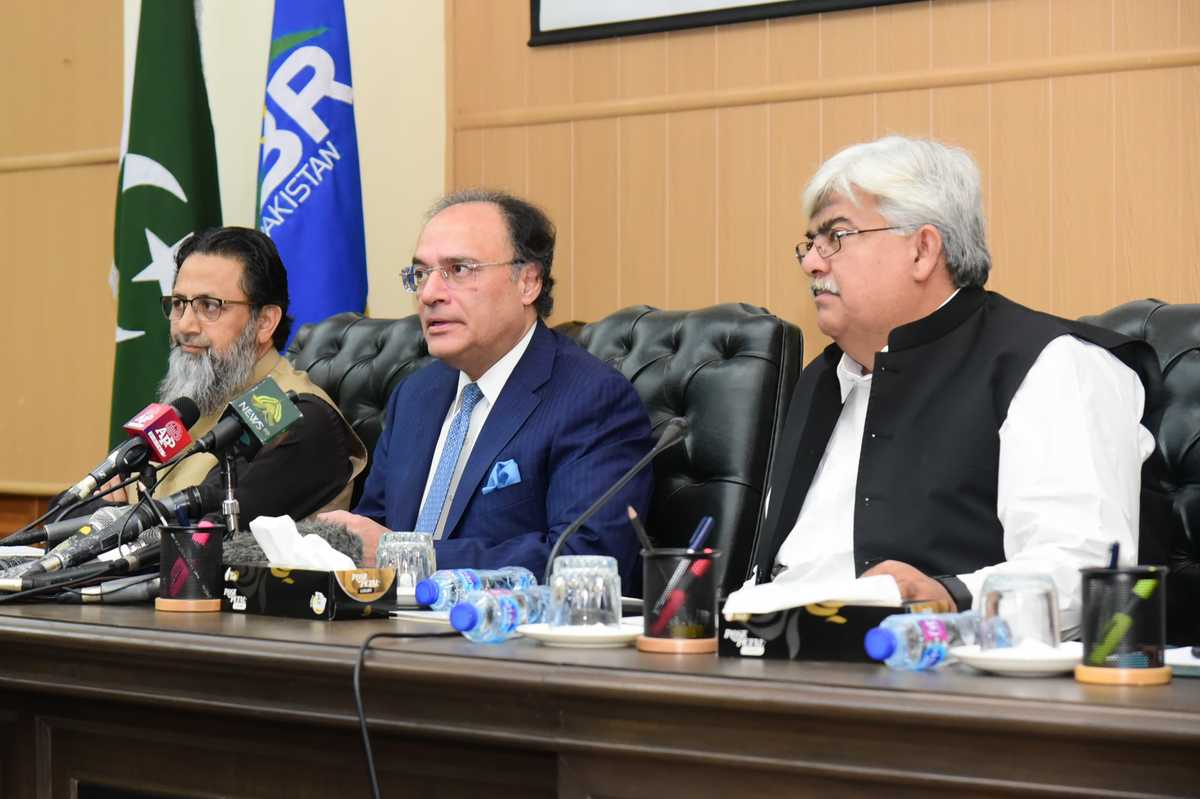Pakistan postpones federal budget to June 10, sets 3.6% growth, fiscal reforms
Inflation seen rising to 6.29%, current account to shift from USD 1.6B surplus to USD 1.5B deficit in FY26

Haris Zamir
Business Editor
Experience of almost 33 years where started the journey of financial journalism from Business Recorder in 1992. From 2006 onwards attached with Television Media worked at Sun Tv, Dawn Tv, Geo Tv and Dunya Tv. During the period also worked as a stringer for Bloomberg for seven years and Dow Jones for five years. Also wrote articles for several highly acclaimed periodicals like the Newsline, Pakistan Gulf Economist and Money Matters (The News publications)

Nukta/File
Pakistan has postponed the presentation of its federal budget for fiscal year 2025–26 to June 10, government officials confirmed Thursday. The Economic Survey will now be released on June 9, a day before the budget. The budget was originally scheduled for June 2.
Officials said the delay is intended to finalize key reforms and align the budget with International Monetary Fund (IMF) requirements as the government pursues economic stabilization.
The upcoming budget will focus on fiscal discipline, structural reforms, and sustainable economic policies. According to early projections, the government plans to set a GDP growth target of 3.6% for 2025–26, up from the current year’s 2.68%.
Inflation is expected to rise to 6.29%, compared to 4.63% this year. Meanwhile, the current account is forecast to record a $1.5 billion deficit, reversing a $1.6 billion surplus in the ongoing fiscal year.
Officials say the budget will include no tax amnesty schemes, in line with IMF expectations, and will focus on the resolution of circular debt and implementation of a National Fiscal Pact that aims to devolve more financial responsibility to provinces.
The government also plans to broaden the tax base through new tax regimes, rate adjustments, and improved collection systems. Despite these measures, it has pledged to provide targeted relief to vulnerable groups.
The Federal Board of Revenue (FBR) is expected to set a revenue target between PKR 14.1 trillion and PKR 14.3 trillion, a 16–18% increase over the current fiscal year. This would mark the lowest percentage growth in six years, despite the FBR achieving a compound annual growth rate (CAGR) of 25% from FY21 to FY25.
Analysts at Topline Securities estimate that 12% of this growth will come from autonomous factors, including the projected 3.6% GDP growth and 7.7% inflation. The remaining 4–5%, or approximately PKR 500–600 billion, will require new tax measures.







Comments
See what people are discussing